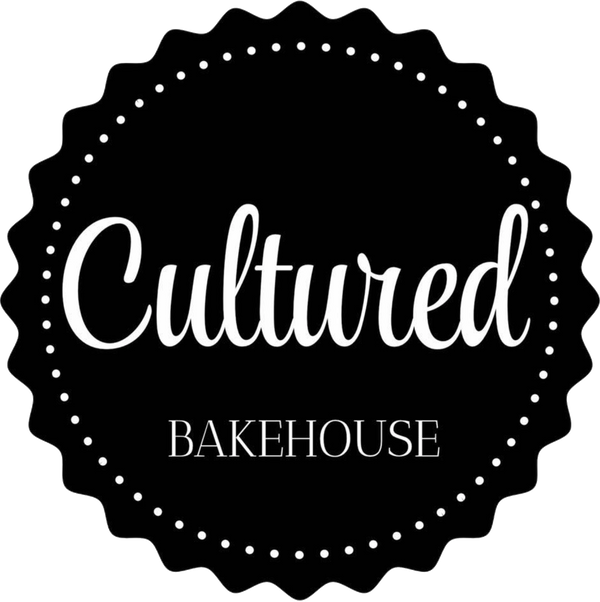If you’ve been navigating the gluten-free world for a while, you’ve probably come across the great oat debate. Are they safe? Should you eat them? Why do some people say they’re gluten-free while others warn against them? Let’s clear up the confusion in a way that’s simple, warm, and informative—just like I like to do!
Are Oats Naturally Gluten-Free?
Yes! Oats, in their pure and natural form, do not contain gluten. Instead, they have a protein called avenin, which is similar to gluten but isn’t the same thing. Research has shown that most people with coeliac disease can tolerate oatswithout any issues. Oats can be a great addition to a gluten-free diet because they’re packed with fiber, vitamins, and minerals, helping with digestion, cholesterol levels, and overall gut health.
So, What’s the Problem?
The real problem with oats isn’t the oats themselves—it’s how they’re processed. Oats are often grown, harvested, and processed in facilities that also handle wheat, barley, and rye, leading to cross-contamination. That means even though oats should be gluten-free, they might not be safe for someone with coeliac disease or gluten intolerance unless they are certified gluten-free oats.
What Are Gluten-Free Oats?
When you see oats labeled as “gluten-free,” it means they’ve been grown and processed under strict conditions to prevent cross-contamination. These oats are tested to ensure they meet the required gluten-free standards, making them safe for people who need to avoid gluten.
Can Everyone with Coeliac Disease Eat Gluten-Free Oats?
Most people with coeliac disease can safely enjoy gluten-free oats with no issues. However, a small percentage of people with coeliac disease still react to oats—not because of gluten, but because of avenin, the protein naturally found in oats. If you notice symptoms after eating gluten-free oats, you might be one of the sensitive few who can’t tolerate them.
How to Safely Enjoy Oats on a Gluten-Free Diet
If you’re adding oats to your gluten-free diet, here are some important tips:
✔ Only choose oats labeled “certified gluten-free” to avoid cross-contamination.
✔ Introduce them slowly to see how your body reacts.
✔ If you have coeliac disease and feel unwell after eating oats, speak to your doctor or dietitian to see if you might be one of the people sensitive to avenin.
The Bottom Line
Oats can be a wonderful and nutritious part of a gluten-free diet—but only if they’re certified gluten-free and only if your body tolerates them well. They offer great fiber, help with digestion, and can add variety to a gluten-free lifestyle. Just like everything in the gluten-free world, it’s about knowing your body, reading labels, and making informed choices that work best for you.
If you’re new to gluten-free oats and wondering whether to try them, start slow, listen to your body, and enjoy all the delicious ways you can use them—from porridge to cookies to granola. Because food should be about inclusion, joy, and nourishment for everyone. 💛

